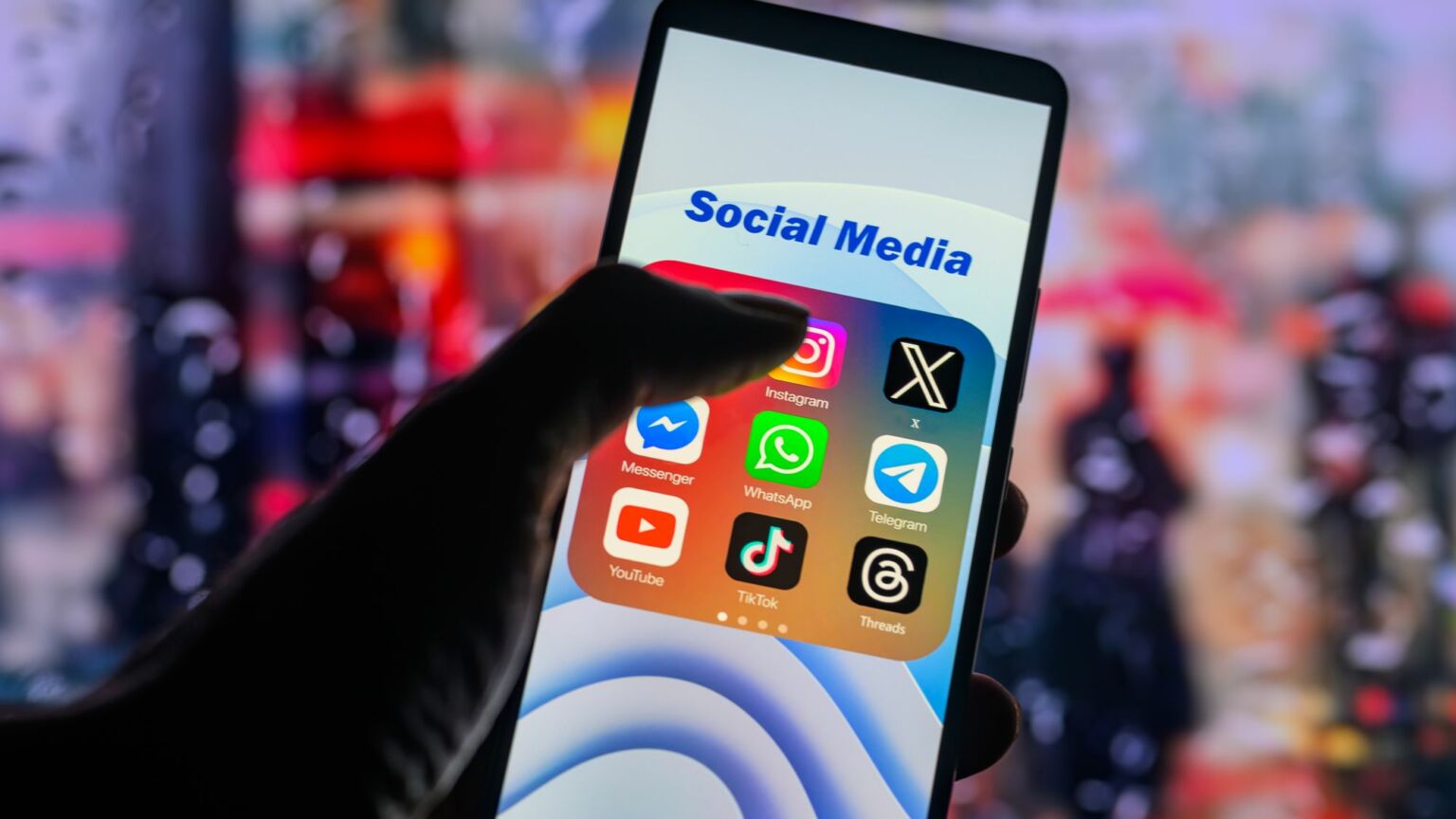Australia is becoming a world leader in censorship
New ‘misinformation’ laws could give the state unprecedented power over our speech on social media.

Want to read spiked ad-free? Become a spiked supporter.
Australian free-speech supporters enjoyed a rare win last year when they helped force the Labor government to shelve legislation targeting so-called misinformation. In an age of ever-expanding censorship, it was a welcome blow for liberty.
But any respite has proven short lived. A few weeks ago, Labor released a revised version of its misinformation law in the shape of the Combating Misinformation and Disinformation Bill. This proposed law would hand significant powers to a government agency, the Australian Media and Communications Authority, enabling it to sanction social-media companies and suppress what they publish – all in the name of preventing ‘harm’. This represents a significant expansion of state power over online expression.
Indeed, the legislation would give ACMA bureaucrats carte blanche to investigate any content they deem ‘false, misleading and deceptive’. The bill’s definition of harm is equally generous, focussing on harm to anything from ‘the health of Australians’ and ‘the Australian environment’ to democracy itself.
The communications minister Michelle Rowland’s claim that the bill is not a threat to free speech is hardly reassuring. The actions of Big Tech and the government have already provided a glimpse of the coming clampdown. Last year, Facebook removed a Sky News video on the grounds it was broadcasting ‘misinformation’ about Labor’s proposed Indigenous Voice to parliament, ahead of a referendum on the initiative. Facebook later tacitly admitted that the video wasn’t actually misinformation, but a perfectly legitimate political opinion expressed by Peta Credlin – one of the most well-known media figures in Australia and a former chief of staff to Tony Abbott, when he was prime minister.
In more recent months, Julie Inman Grant, Australia’s eSafety commissioner, has tried to censor not only Australians, but the rest of the world, too. Having been first appointed as Australia’s chief internet censor in 2017, most Australians hadn’t heard of her until April this year, when she decided to take X to court under Australia’s Online Safety Act over a video of a non-fatal stabbing of a Christian bishop in Sydney. Inman Grant argued that its continued circulation risked inciting more violence. A few weeks prior, she had also tried to have a post removed from X by Canadian national Chris Elston – known as ‘Billboard Chris’ – which linked to a Daily Mail article about an Australian trans activist and adviser to the UN who had posted lewd photos of himself online.
Outside Australia, the expansion of online censorship is even more pronounced. Last month, Meta owner Mark Zuckerberg admitted Facebook had been forced to remove Covid-19 content at the behest of the Biden administration. And the UK’s slide into censorship was captured well by Stephen Parkinson, the director of public prosecutions, who in the wake of the Southport riots said that retweets of certain content could now land people in prison. Throw in the recent arrest of Telegram founder Pavel Durov in Paris and the banning of X in Brazil, and the battle for free speech has never seemed more urgent.
Sadly, too few seem to be willing to take on the fight in Australia. Liberal leader Peter Dutton, and leader of the opposition, has already wavered on his earlier opposition to the misinformation bill. Speaking to ABC, he said that social-media companies weren’t ‘above the law’, and confirmed that he was ‘happy’ to look at the government’s proposal.
According to reports, Dutton started to change his mind on misinformation legislation after the online response to the murder of six people at a shopping centre in Bondi, Sydney, in April. Yet the untrue claims that the Bondi murderer was Muslim or Jewish (depending on the prejudices of the tweeter) barely escaped whatever sad part of the internet they originated from. To attack freedom of speech online because of a few moronic, misinformed tweets is a case of throwing the baby out with the bathwater.
The government’s proposed laws against misinformation are an infantilising imposition on the Australian public. They assume we’re incapable of judging for ourselves what is true and what is false, and that we need the government to decide for us. It’s time we recognised this de facto censorship regime for what it is – an attack on the very idea of a free society.
Hugo Timms is an intern at spiked.
Picture by: Getty.
Who funds spiked? You do
We are funded by you. And in this era of cancel culture and advertiser boycotts, we rely on your donations more than ever. Seventy per cent of our revenue comes from our readers’ donations – the vast majority giving just £5 per month. If you make a regular donation – of £5 a month or £50 a year – you can become a and enjoy:
–Ad-free reading
–Exclusive events
–Access to our comments section
It’s the best way to keep spiked going – and growing. Thank you!








Comments
Want to join the conversation?
Only spiked supporters and patrons, who donate regularly to us, can comment on our articles.